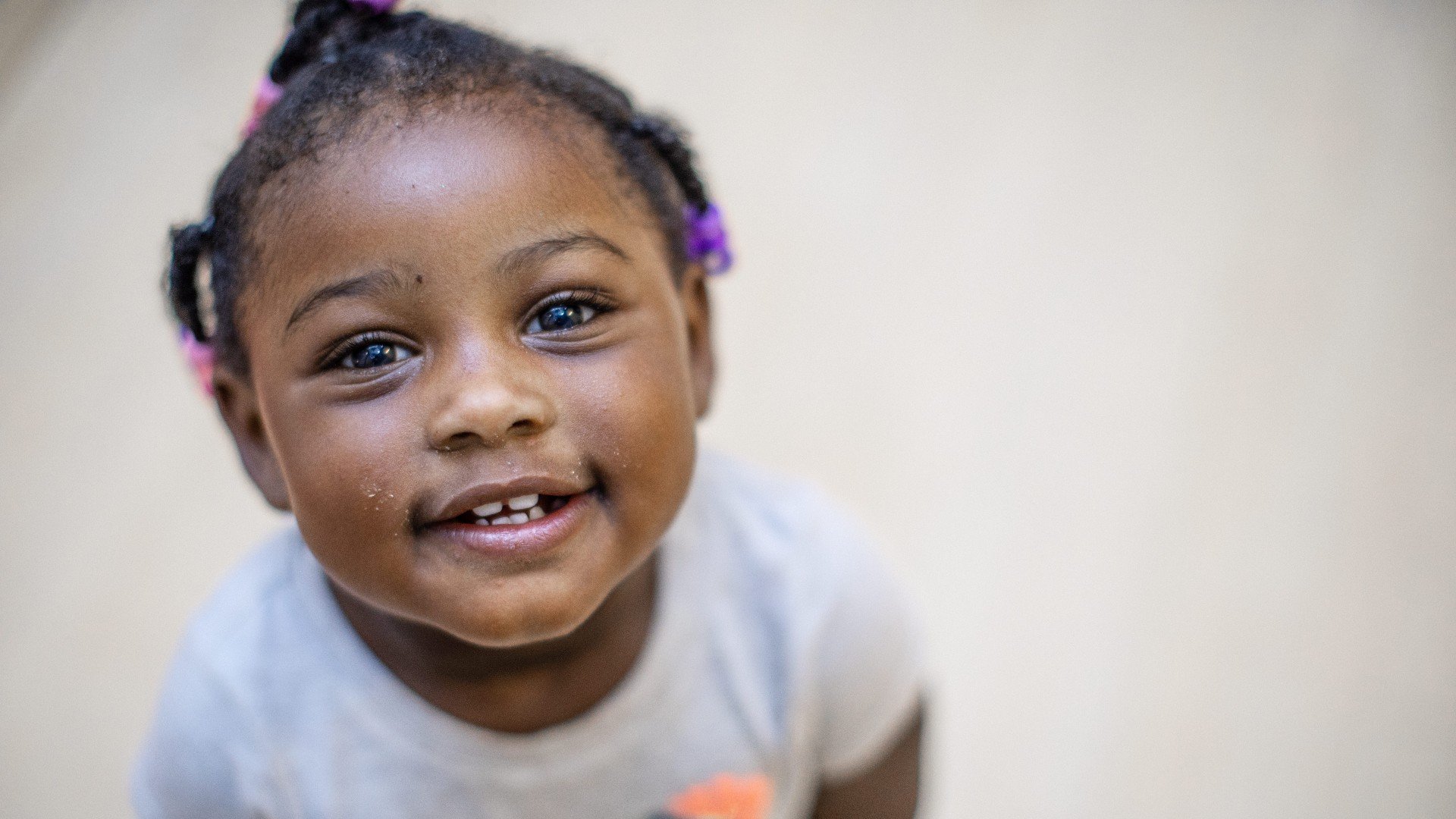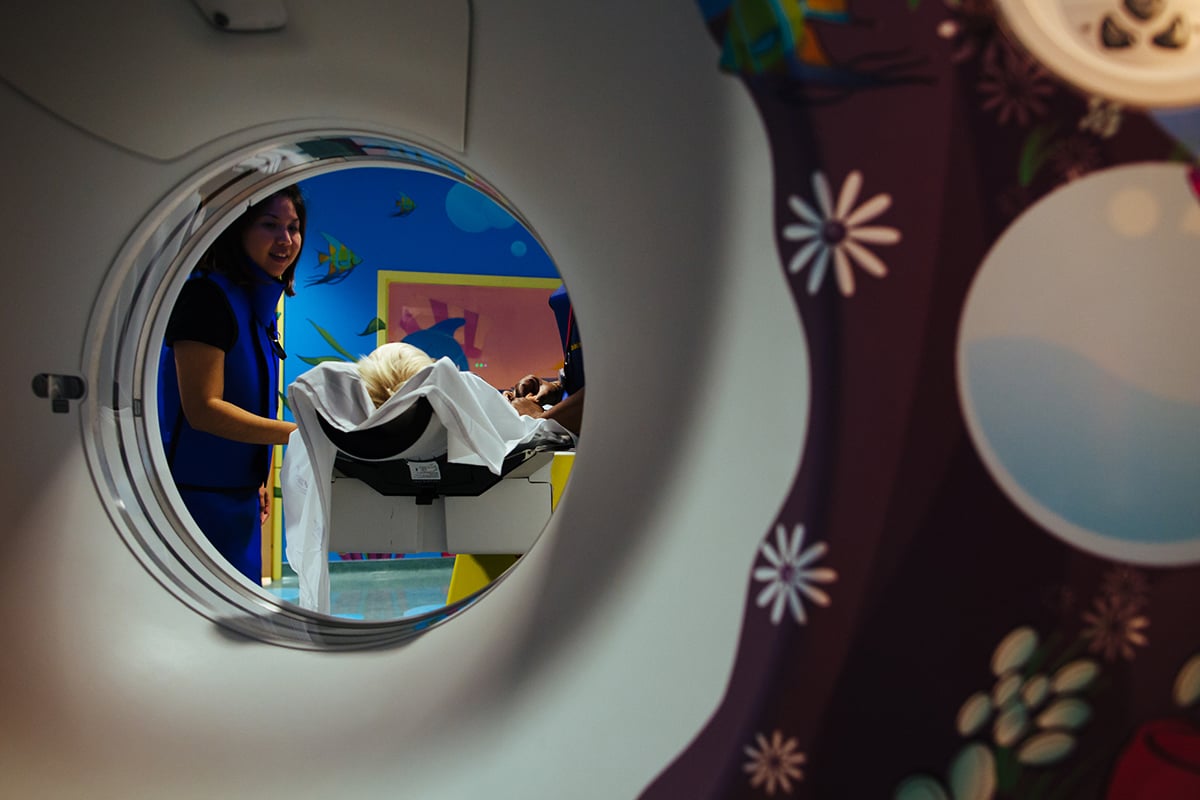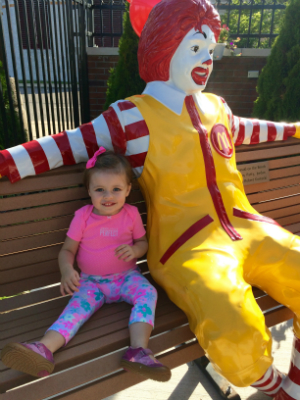Condition
Pediatric Migraines
Key Points About Migraine Headaches in Children
- A migraine is a severe, throbbing type of headache.
- Nausea and vomiting, lightheadedness, sensitivity to light (photophobia), and other visual disturbances are common migraine symptoms.
- A migraine headache may last from 4 to 72 hours.
- Preventing a migraine headache is often the most helpful approach for treatment.
- Migraine headaches can have a predictable pattern. It can help you notice and treat them appropriately.
- Many people have an aura before a migraine. Treatment may help at that time.
- Managing stress and getting regular exercise may help prevent or lessen the occurrence of migraine headaches.
Frequently Asked Questions
What is a migraine headache?
What causes migraine headaches in children?
What are the symptoms of migraine headaches in children?
How are migraine headaches diagnosed in children?
How are migraine headaches treated in children?
What are possible complications of migraine headaches in children?
Can migraine headaches be prevented in children?
When should I call my child's healthcare provider?

Headache and Migraine Treatment at Children's National Hospital
Our nationally recognized clinic helps children and adolescents with chronic, debilitating head pain, headaches and migraines. Discover more about the treatments we offer.

Providers Who Treat Migraines
Departments that Treat Migraines

Blood Disorders (Hematology)
From sickle cell disease to histiocyte disorders, Children's National delivers expert care for any blood disorder diagnosis.

Blood and Marrow Transplant
Our blood and bone marrow disease experts provide advanced transplant procedures for children and teenagers.

Neurobehavior Program
The Neurobehavior Program focuses on evaluation and management of behavioral effects associated with neurologic illness. Diseases emphasized include epilepsy, movement disorders, intellectual or developmental disabilities, migraines, and other complex neurologic and medical conditions.







